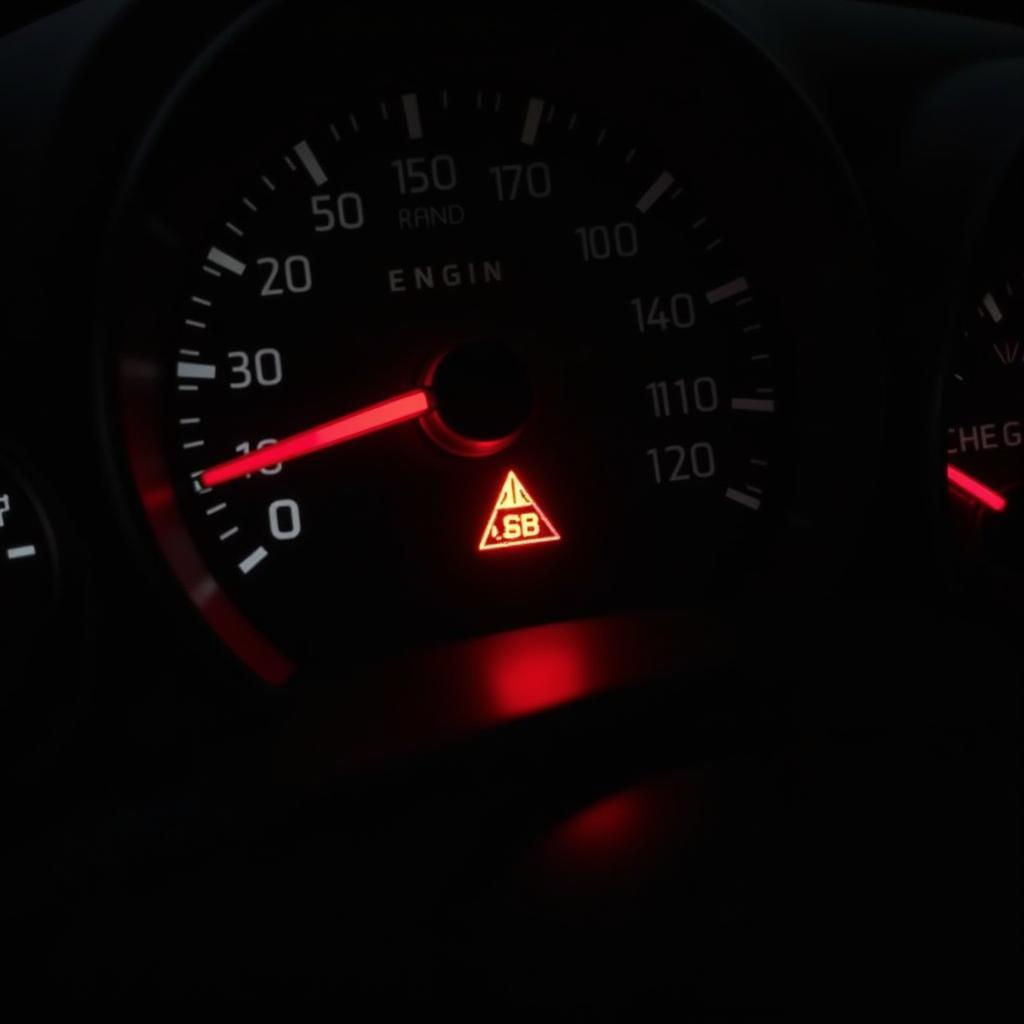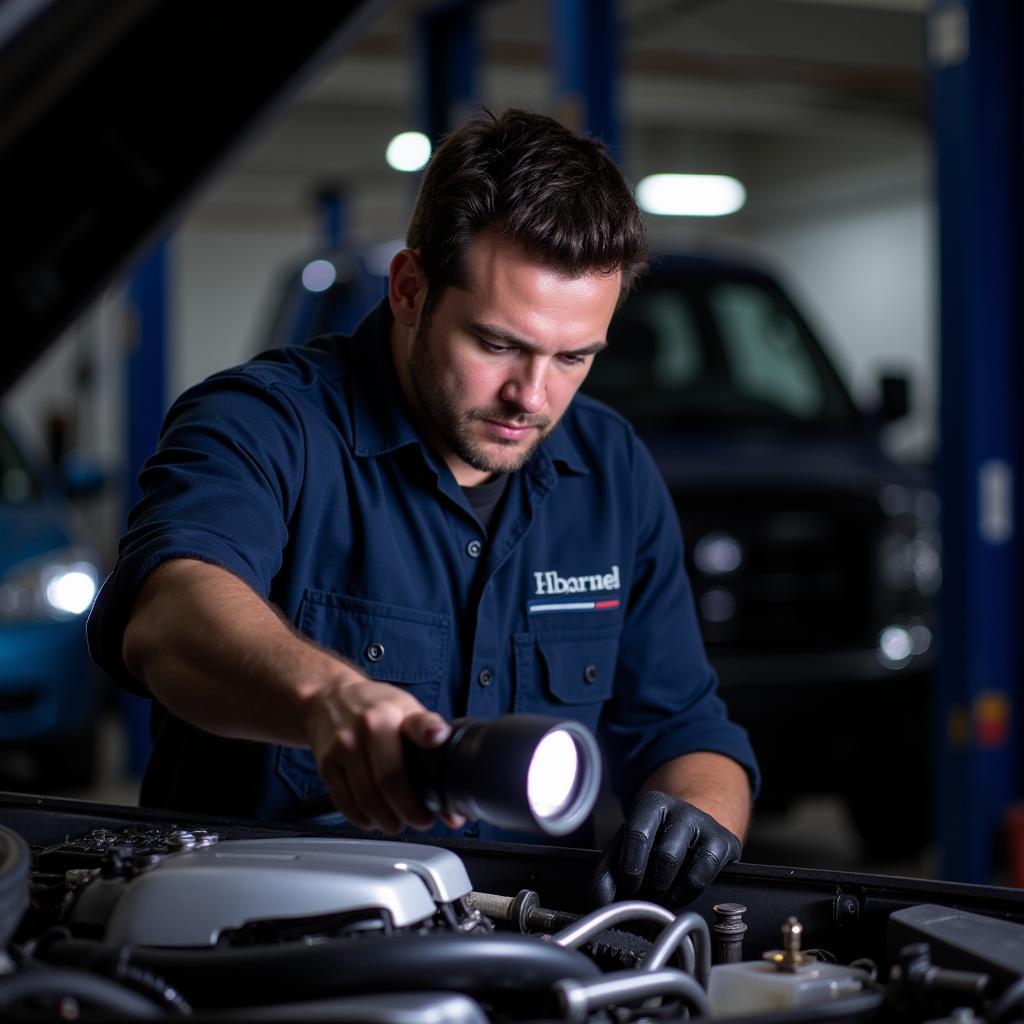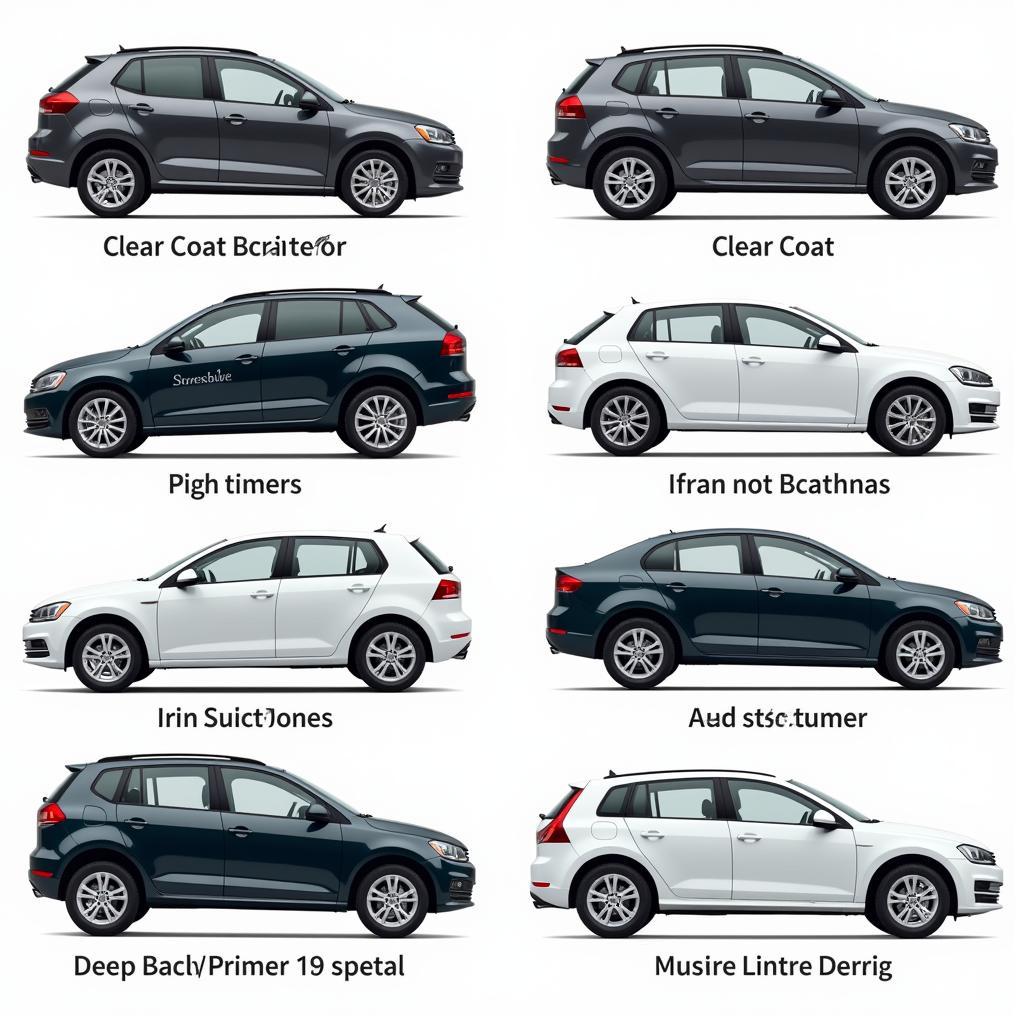Regular car maintenance is crucial for ensuring the longevity and safety of your vehicle. But knowing when to schedule those appointments can feel overwhelming. You don’t want to wait until your car is on the verge of breaking down, but you also don’t want to spend unnecessary money on frequent maintenance. This guide will help you understand the key signs that your car needs attention, and how often to schedule routine maintenance based on your car’s specific needs.
Understanding Your Car’s Needs
Every car is different, and their maintenance schedules can vary depending on factors like make, model, year, driving conditions, and overall usage. It’s essential to consult your car’s owner’s manual for specific maintenance recommendations.
Key Signs Your Car Needs Maintenance
Here are some common signs that your car needs attention:
- Check engine light: This is one of the most obvious signals that something isn’t right. The check engine light can indicate a range of issues, from a minor problem to a major breakdown. It’s best to have your car diagnosed by a qualified mechanic as soon as possible.
- Unusual noises: If you hear any unusual noises coming from your engine, brakes, transmission, or suspension, it’s time to schedule an inspection. These sounds could be an early warning of a developing problem.
- Fluid leaks: If you notice any fluids leaking from your car, it’s a critical sign that you need to address the issue immediately. Fluids like oil, coolant, brake fluid, and transmission fluid are essential for proper car function.
- Decreased fuel efficiency: If you notice a sudden drop in your car’s fuel efficiency, it could indicate an issue with your engine, air filter, or other components.
- Difficulty starting: If your car struggles to start, it could be a sign of a battery issue, starter problems, or fuel delivery problems.
- Vibrations or shaking: Excessive vibrations or shaking while driving can indicate issues with your tires, wheels, engine, or suspension.
- Strange smells: If you smell anything unusual coming from your car, such as burning oil, rubber, or gas, it’s important to investigate the source.
- Steering wheel problems: Difficulty steering, unusual noises, or a shaking steering wheel can all point to steering or suspension issues.
 Car dashboard with warning lights illuminated
Car dashboard with warning lights illuminated
Routine Car Maintenance Schedule
To prevent major problems and keep your car running smoothly, it’s essential to schedule regular maintenance. Here’s a general overview of recommended service intervals:
- Oil change: Every 3,000 to 5,000 miles, or as recommended in your owner’s manual.
- Tire rotation and inspection: Every 5,000 to 7,500 miles.
- Air filter replacement: Every 12,000 to 15,000 miles.
- Brake pad inspection: Every 12,000 to 15,000 miles.
- Fluid check-up: Every 30,000 miles or as recommended in your owner’s manual.
- Spark plug replacement: Every 30,000 to 100,000 miles, depending on the type of spark plugs.
- Timing belt replacement: Every 60,000 to 100,000 miles, depending on the type of belt.
- Transmission fluid flush: Every 30,000 to 100,000 miles.
- Coolant flush: Every 30,000 to 100,000 miles.
- Annual Inspection: Every year, regardless of mileage.
The Importance of Maintaining Your Car
“Regular maintenance is the key to extending the life of your vehicle and ensuring its safety,” says [Expert Name], a certified automotive technician with over 20 years of experience. “By addressing small issues before they become big problems, you can save yourself a lot of money in the long run.”
 Mechanic inspecting a car engine during a maintenance check-up
Mechanic inspecting a car engine during a maintenance check-up
Getting the Most Out of Your Maintenance
To maximize the benefits of your car maintenance, consider the following tips:
- Keep up with scheduled maintenance: Adhering to the recommended maintenance schedule is essential for preventing breakdowns and ensuring your car’s longevity.
- Choose a reputable mechanic: Find a qualified mechanic who you trust and has a solid reputation in the industry.
- Use quality parts: Always use OEM (Original Equipment Manufacturer) or high-quality aftermarket parts for your car repairs.
- Be aware of your car’s specific needs: Pay attention to your car’s unique driving conditions and usage patterns, and adjust your maintenance schedule accordingly.
Conclusion
Regular car maintenance is a vital investment in the safety, longevity, and overall performance of your vehicle. By staying on top of your car’s maintenance needs, you can enjoy a smooth and reliable driving experience while preventing costly repairs down the road. Don’t wait until your car is giving you problems – schedule those appointments today and keep your car running at its best!
If you have any questions or concerns about your car’s maintenance, feel free to contact AutoTipPro at +1 (641) 206-8880 or visit us at 500 N St Mary’s St, San Antonio, TX 78205, United States.
FAQ
Q: What is the best way to know what type of maintenance my car needs?
A: The best way is to consult your car’s owner’s manual. This will provide a detailed maintenance schedule tailored to your specific car model and year.
Q: Can I do my own car maintenance?
A: Some simple maintenance tasks, like checking fluids and changing air filters, can be done by yourself. However, more complex repairs should be left to a qualified mechanic.
Q: How often should I get my brakes inspected?
A: It’s generally recommended to have your brakes inspected every 12,000 to 15,000 miles. However, you may need to have them inspected more frequently if you notice any signs of wear or problems.
Q: What are the common warning signs of a failing engine?
A: Common signs include unusual noises, smoke, loss of power, overheating, and decreased fuel efficiency. If you notice any of these, it’s important to have your engine inspected by a mechanic.
Q: How much does it typically cost to maintain a car annually?
A: The average annual car maintenance costs vary depending on the age and make of your car, but you can expect to spend between $1,000 and $2,000 per year. Use our annual car maintenance cost calculator to get a personalized estimate.





Leave a Reply